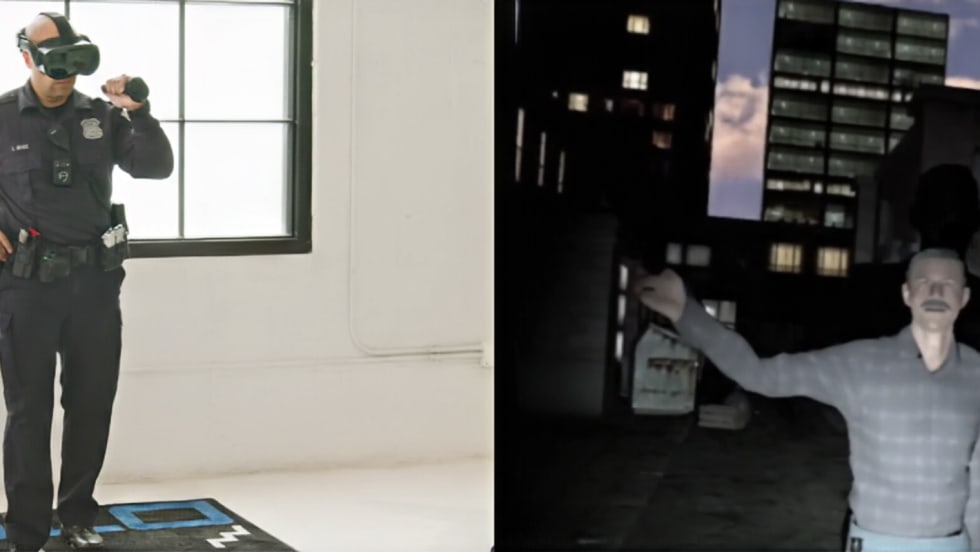Criminal profilers play a multifaceted role in collaboration with law enforcement. Their evaluations go beyond the crime scene to formulate the motivations behind the crime itself. Profilers are critical to providing a psychological assessment of the offender at large and guiding law enforcement on ways to pursue or interview suspects.
Content provided by Regis University
From Sir Arthur Conan Doyle's Sherlock Holmes to Silence of the Lambs' Clarice Starling, the idea of brilliant investigators using their brains over their brawn to identify criminals has captured countless imaginations.
But our criminal justice system demands more than psychological inference to convict offenders. An expert combination of criminal psychology with evidence-based investigation becomes the kind of asset that's integral to effective law enforcement. Learn how criminal profiling has developed into a career that can validate and dictate the direction of a criminal case.
Purpose of Criminal Profilers
Criminal profilers play a multifaceted role in collaboration with law enforcement. Their evaluations go beyond the crime scene to formulate the motivations behind the crime itself. Profilers are critical to providing a psychological assessment of the offender at large and guiding law enforcement on ways to pursue or interview suspects.
While criminal profilers may not investigate all offenses, they can be most effective in assisting law enforcement with crimes that indicate or mirror the personality of the offenders. These crimes may include sexual assault, homicide and arson.
Developing a Criminal Profile
To avoid stereotypes in profiling, criminology professionals must take care to craft a thorough psychological portrait of the offender. They must be versed in related subjects including forensics, criminal justice, psychology, mental illness, sexuality and addiction.
At the crime scene, they can start to draft a profile based on:
Using these initial profiling steps, criminology experts can enhance an evidence-based investigation by assessing what behaviors might have triggered the crime. These professionals can then start to look for patterns, motivations and how these might relate to suspects' subsequent crimes.
How Criminal Profilers Impact an Investigation
According to the FBI, criminal profiling can have advantageous implications for multiple aspects of an investigation. The initial profile can give investigators a starting point into the lifestyle, motivations and future behaviors of the suspect. This information can then lead to potential locations or identification of the offender. A profile can also render hard evidence by providing necessary information to validate a search warrant.
Criminal profilers can help investigators achieve better answers in the interrogation process of a suspected offender. A specialized approach or interview environment may change the course of the information received, allowing law enforcement to benefit from the keen ability of a profiler to understand the personality, motivations or triggers of the suspect.
Because criminal profilers can utilize hard evidence with their comprehensive psychological outline of the offender, they can offer comprehensive expert testimony during a trial, evaluate the likelihood of another crime or assist with prosecution and cross-examination strategies.
Criminal profiling may also be used to analyze the validity of threats from potential offenders. Evidence may be used in the case of threats to determine whether ability exists to carry them out.
Validity of Criminal Profiling
While criminal justice proponents of evidence-based logic may view criminal profiling as more art than science, the education of these professionals may suggest otherwise.
Supreme Court case United States v Cortez (1981) suggests profiling is an acceptable tool of deductive reasoning to determine innocence. The ruling stated that inferences made by investigators don't deal with hard fact, but that they are not to be dismissed:
"Long before the law of probabilities was articulated as such, practical people formulated certain common sense conclusions about human behavior; jurors as fact finders are permitted to do the same -- and so are law enforcement officers."
A study on criminal psychological profiling found that professional profilers produce more accurate offender traits in their work than those without an investigative background.
Criminology Careers
Criminal profiling continues to emerge as a valuable investigative asset to agencies for providing a more complete picture of potential suspects and motives. Criminal profilers are also vital in the communication process with offenders, helping officers and lawyers find answers.
To help law enforcement get within arm's reach of the criminal mind, profilers need a solid foundation in a criminology education. A Criminology degree from Regis University online or on campus can get you one step closer to career goals as a criminal profiler, providing the tools needed to understand the links between personality traits and crime while demonstrating how that role can make a positive impact.
To learn more, explore Regis University’s Master’s of Science in Criminology degree program.











